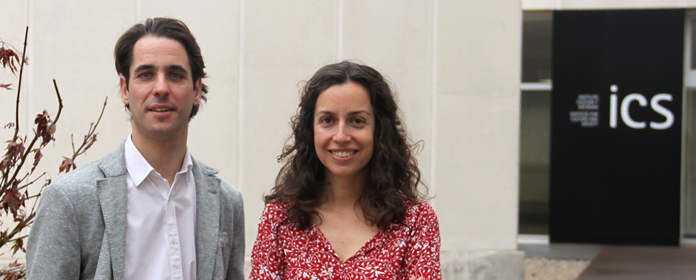Medication protects children with ADHD from accidental injuries according to a study coordinated by the University of Navarra
A top neuroscience journal published this research

FOTO: Elena Beltrán
Medication protects children with attention deficit hyperactivity disorder (ADHD) from accidental injuries, according to research coordinated by the University of Navarra. The study is published in Neuroscience & Biobehavioral Reviews, which is in the top 10% of neuroscience journals with the most impact.
The authors of the article combined results from previous studies of four million children or adolescents without ADHD and 350,000 with the disorder. They showed that ADHD is associated with an increased risk for falls or involuntary bumps that end in visits to the emergency room. As they point out, it is plausible that this risk is increased by ADHD’s primary symptoms, i.e.,a short attention span, hyperactivity and impulsivity - as well as other related characteristics, such as aggression.
When they compared the periods in which children and adolescents took their medication versus when they did not, they found that pharmacological treatment has a protective effect against accidental injuries.
Suspending treatment requires cautionAmong the conclusions of the study, the researchers note that caregivers and practitioners’ decision to discontinue pharmacological treatment during weekends or summer—a so-called "medication vacation"— requires caution and framing it in a broader context in which all risks and benefits are evaluated.
Likewise, the study can help in the implementation of educational strategies to prevent accidents in children with ADHD, since they have been shown to be a high-risk population. Simple measures like always wearing a helmet when riding a bike or putting safety latches on windows can prevent some of the serious consequences of accidents.
Gonzalo Arrondo, from the Mind-Brain Group of the Institute for Culture and Society (ICS) at the University of Navarra, and Maite Ruiz-Goikoetxea, a pediatrician within the Navarra Health Service-Osasunbidea, coordinated the study. It is part of a project that Arrondo is working on, which receives funding from the Health Department of the Government of Navarra.
Other participants in the study include psychiatrists Samuele Cortese, from the University of Southampton (United Kingdom), and César Soutullo, director of the Child and Adolescent Psychiatry Unit within the Department of Psychiatry and Medical Psychology at the Clínica Universidad de Navarra, together with other researchers from said clinic, the University of Navarra’s School of Education and Psychology, and the Navarra Health Service-Osasunbidea.
